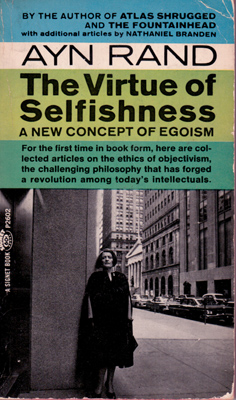The 17th Conference of Parties (COP 17) for the United Nations attempt to address Climate Change was an Epic Fail.
Basically, rich countries (including the USA) declined to consider any legally binding efforts and what good ideas were discussed were decided to try to agree to in 2015 (not to take effect until 2020). Also, the Kyoto Protocol (the only global legally binding environmental treaty) is expiring next year and Canada, who failed to meet their agreed-upon standards is exiting the Kyoto agreement without paying the fines that they would owe, so even that treaty has proved ineffective.
Here are some links with details:
- Climate Activists: Durban Deal is “Very Weak” Agreement, Lacks “Ambition, Equity“
- COP 17 ends: Earth, and Africa, still headed for disaster
What does this mean? We cannot count on world governments to help with environmental destruction at the global level – we need to focus our efforts locally and individually. Continue reading “Epic Fail for the Environment: COP 17”




